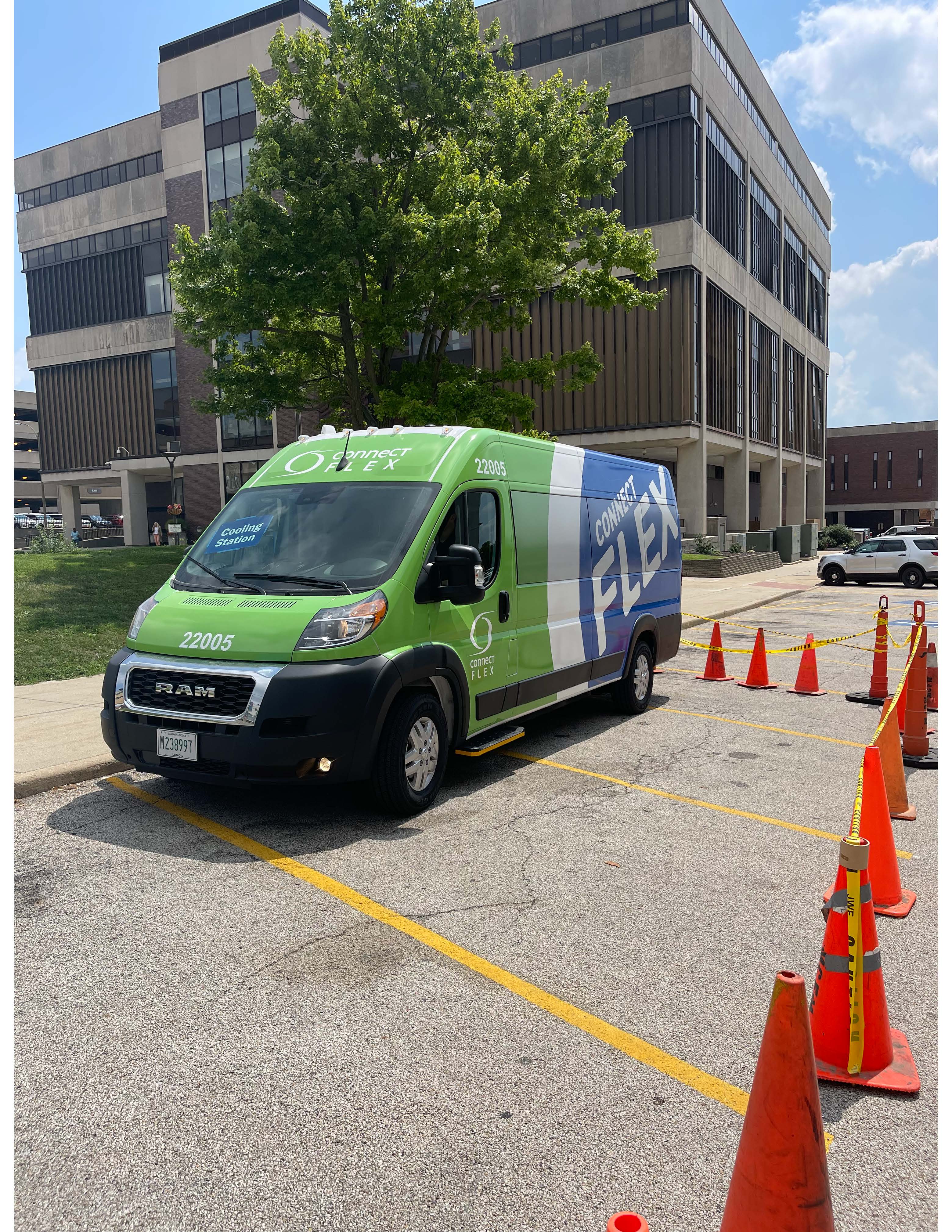Reality Show Finalists Visited ISU and Spoke on the Importance of Representation
Written by Colleen Holden on February 1, 2024
(Photo from left to right: Moderator Angelina Ruiz, Jag Bains and Matt Klotz)
NORMAL, Ill. – Winner and runner-up respectively in the reality show “Big Brother” Jag Bains and Matt Klotz attended a Q-and-A session in the Bone Student Center at Illinois State University on Jan. 30 to speak on their experiences on the show and the importance of representation.
The fight for a more diverse media has been a hot-button issue since the 2010s. According to Bains and Klotz, this fight has encouraged many movies and television shows to intentionally include representation of all sorts of minority groups. Bains is Punjabi-Sikh, and Klotz is deaf.
“Big Brother” is a reality show where 16 random people are put into a house together and isolated from the outside world. Every week, the houseguests would compete for power in the house structure and vote to evict one person from the house. The game continues until there are two players left, and the previously evicted houseguests vote for one of them to win a grand prize of $750 thousand (previously $500 thousand.)
The pair competed on the 25th season of the show and were both the first players in their respective minority groups to compete in its history. Bains talked a lot about what it meant to him to represent the Sikh community, and Klotz spoke on how his disability helped instate accessibility for people with disabilities.
“I’ve had Punjabi-Sikh families reach out to me with videos of their kids when they first saw me on the show,” Bains said. “They’re jumping up and down, dancing, or crying because they’re so happy. That was so heartwarming for me to see because I know what it would mean to me when I was younger to see someone on the screen that looked like me and to be that person is beyond words.”
As Bains stated, representation means a lot to the members of an underrepresented groups but it also holds significance for people less familiar with the represented minority group.
“I’ve also had people reach out to me and say, ‘I used to have hate or be afraid of people who wore turbans and after watching you on the show and hearing more about your story I now get excited when I see someone who is Sikh or wears a turban.”
To accommodate for Klotz’s hearing loss, a monitor was provided that transcribed the conversations happening around him so he could read what other people were saying. According to Klotz, he was happy to work out all the first-time issues and pave the way for future deaf contestants.
“What was really cool was that we were kind of like the pilots,” Klotz said. “We were the first of our community so now I know that next time there’s a deaf person it’s going to be that much easier for them because I had to go through all the learning curves.”
“Big Brother” has colloquially been called “the show of whispers” due to its reliance on communicative strategy, usually done in hushed voices. The quiet conversations have created challenges for countless able-bodied houseguests, let alone houseguests with hearing disabilities. However, Klotz did not let this issue prevent him from being a part of the important conversations.
“If he’s sitting down somewhere and I need to tell him something, I’ll sneak by and tap him so he knows in the next few minutes ‘ I need to meet Jag wherever he went,’” Bains said. “We’d meet in like the storage room and I’d give him the really quick run-down.”
The Q-and-A was organized by Event Management, Dining and Hospitality, The Multi-Cultural Center and Student Access and Accommodation Services.





